State to save N$54m without paymaster
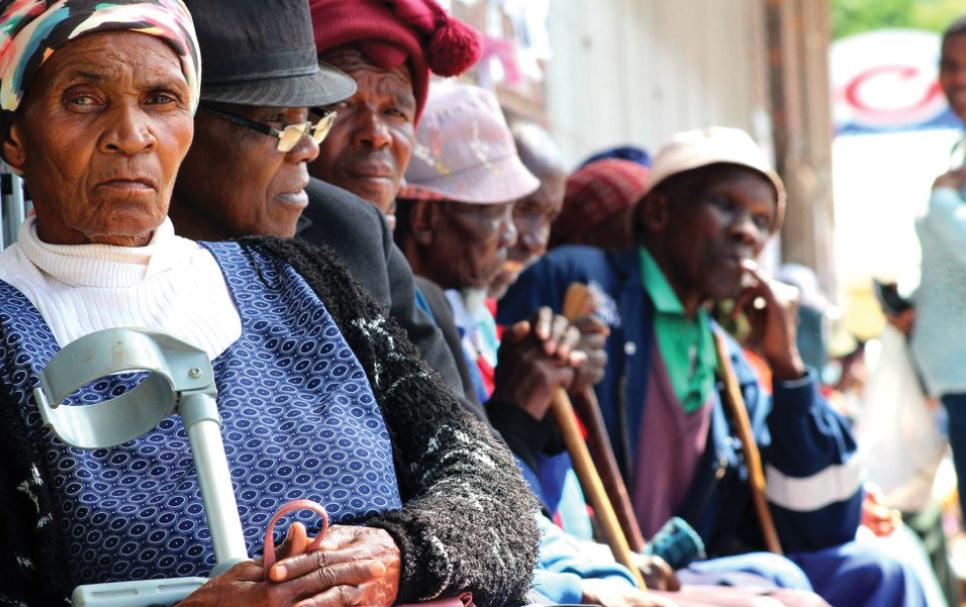
By Stefanus Nashama
The Ministry of Finance and Public Enterprises says the government has been spending a total of N$120 million annually to pay private contractors for the management and distribution of social grants across the country.
However, with the recent announcement to cutout middlemen, such as the current contractor, Epupa Investment Technology and the handover the operations to NamPost, government is expected to save up to N$54 million annually in this transition. NamPost will officially assume responsibility starting 1 October 2025.
Before Epupa, United Africa Group (UAG) was the paymaster and handled payments of State grants from 1999 until losing the contract. At the time, it was reported that 130,000 were being paid N$55 million monthly amounting to N$660 million per year.
In 2023, more than 618,000 Namibians relied on social grants for their survival, according to government figures through the Ministry of Gender Equality, Poverty Eradication and Social Welfare. These beneficiaries included recipients of old-age pensions, disability grants, and grants for orphans and vulnerable children, underscoring the critical role that the state’s social protection system plays in supporting vulnerable populations.
During a recent interview with Confidente, the ministry’s spokesperson, Wilson Shikoto explained that: “Due to the sensitivity of the information required, as we are still under contract with Epupa and are subjected to confidentiality clauses, we can only confirm that the ministry budgeted N$120 million annually for the payment of the grants.
“Under the current arrangement with Nampost, explained beneficiaries living in towns and settlements will collect their grants from the nearest NamPost office, while those in remote areas, defined as being more than five kilometres from a NamPost branch, will receive their payments through NamPost’s mobile outreach and delivery services,” he added.
Additionally, he said NamPost will implement a cluster payment system and shift the payment action date from the first Tuesday of the month to the first Monday.
“For the first two weeks of each month, beneficiaries will be grouped and paid according to their grant category. After that period, payments will be open for collection for the rest of the month.”
He further urged the public, particularly social grant recipients, to carefully follow instructions provided during the ongoing advocacy meetings to ensure a smooth transition.
BUDGET TARGETS
In April this year, the Minister of Finance and Social Grants Management Ericah Shafudah proposed a N$7.2 billion allocation towards social grants for the 2025–2026 financial year, under Vote 09 of the Appropriation Bill. However, Shikoto said the social grants allocation for this year is N$7.6 billion.
At the time, Shafudah, emphasised that the funding will modernize grant payment systems through increased automation and digital efficiency.
“The investment supports the delivery of social protection to the most vulnerable, reinforcing the government's commitment to equity and inclusive growth,” Shafudah said during her motivation.
The budget includes, N$3.7 billion for old-age grants, N$955 million for disability grants (adults), n$152 million for disability grants (minors) and N$877 million for vulnerable grants. Additionally, N$417 million is set aside for maintenance grants, N$36.9 million for foster care grants and N$65.8 million for the conditional basic income grant as well as N$47.8 million for funeral benefits.
Weighing-in
Anaysts have questioned as at what cost the government is making a saving of N$54 million. They also quireid as to what will happen to the over 100 staff currently employed by Epupa. Meanwhile, the Affirmative Repositioning (AR) movement, SWANU and Popular Democratic Movement (PDM) have expressed support for the government’s decision to appoint NamPost as the new distributor of social grants across the country.
AR spokesperson George Kambala told this publication that the decision marks a positive step toward reclaiming public control over essential services.
“We welcome the government’s decision to appoint NamPost as the distributor of social grants. It’s a step in the right direction towards improving accessibility, especially for rural communities,” said Kambala.
However, he raised concerns about the operational challenges faced by some post offices, including limited operating hours, staffing shortages, and occasional cash constraints.
“Without addressing these issues, this change might simply replace one inefficient system with another. If this move is to benefit the people, NamPost must be fully resourced, with better infrastructure, extended hours, reliable mobile services, and improved public communication,” Kambala stressed.
He added that the initiative has strong potential but must be backed by political will, adequate funding, and urgency, as the dignity of the elderly, caregivers, and vulnerable citizens depends on it.
Similarly, SWANU president Evilastus Kaaronda praised the move, describing it as a positive development for efficient social grant service delivery.
“On first impression, it is a good thing. Given NamPost’s footprint across the country, they are well-positioned to fulfill that mandate,” Kaaronda said.
He added that NamPost already handles similar services and that their offices are generally functional and reliable for delivering such public services.
The ministry noted that the decision aligns with broader government efforts to streamline services and promote financial inclusion for grant recipients. It cited NamPost’s extensive national presence and solid infrastructure as key reasons for the transition.
The shift is expected to enhance service efficiency, reduce administrative delays, and ensure consistent access to much-needed financial support for qualifying beneficiaries, said the ministry.
PDM secretary general, Manuel Ngaringombe, also supports the move but raised concerns about the shortage of NamPost branches across the country.
“They need to extend their branches to all village councils and resettlement in the country and also in all towns, if that is not happening already. To be available to all those beneficiaries who will require using their services,” said Ngaringombe.
In May this year, the National Council also advocated for the establishment of a centralised social grants agency to manage all grants under a unified system. This call did not fall on deaf ears.
- 295 views



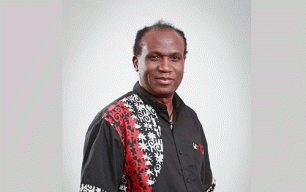

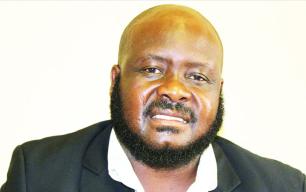
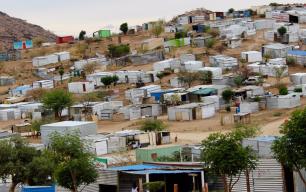


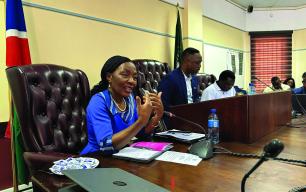
Comments